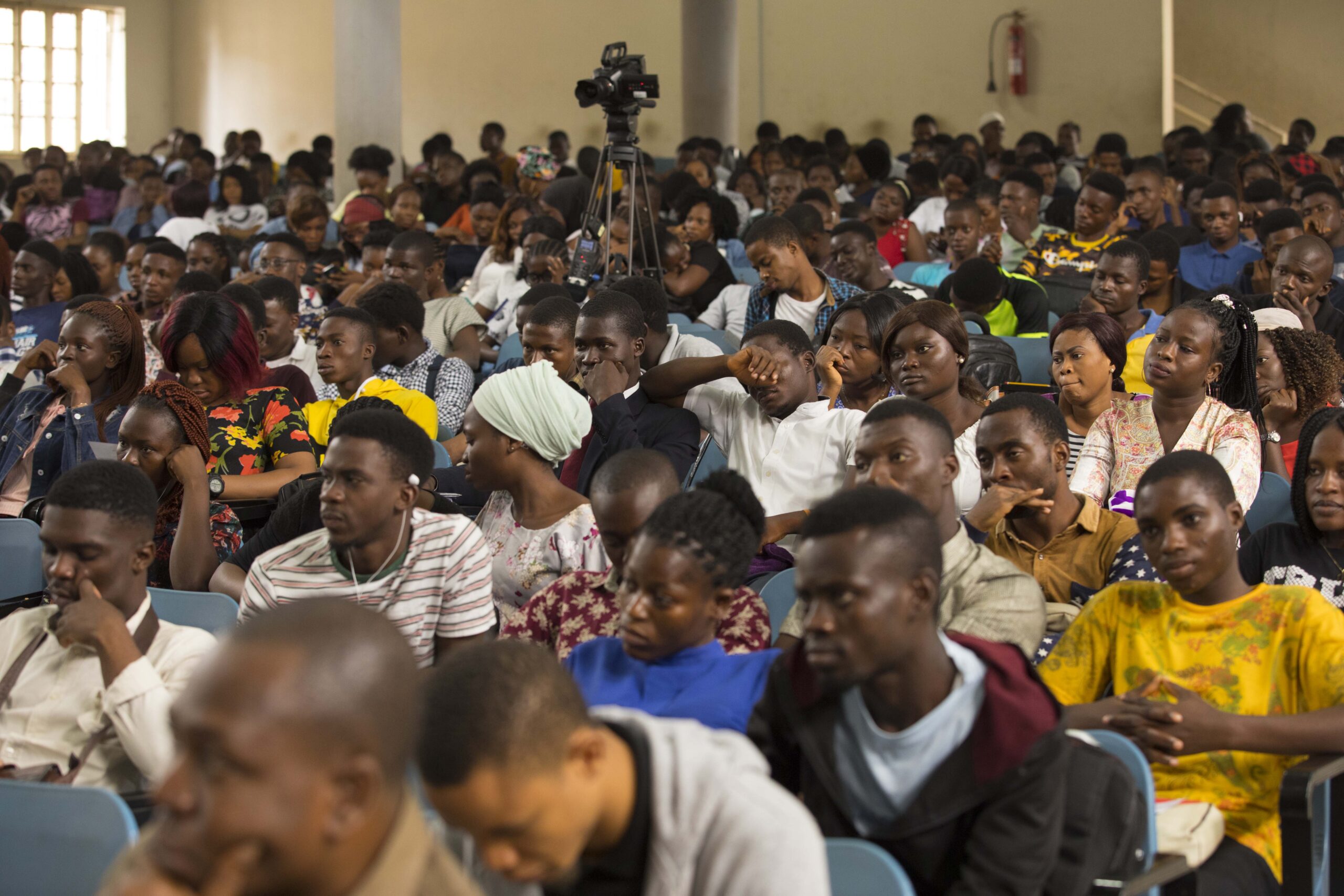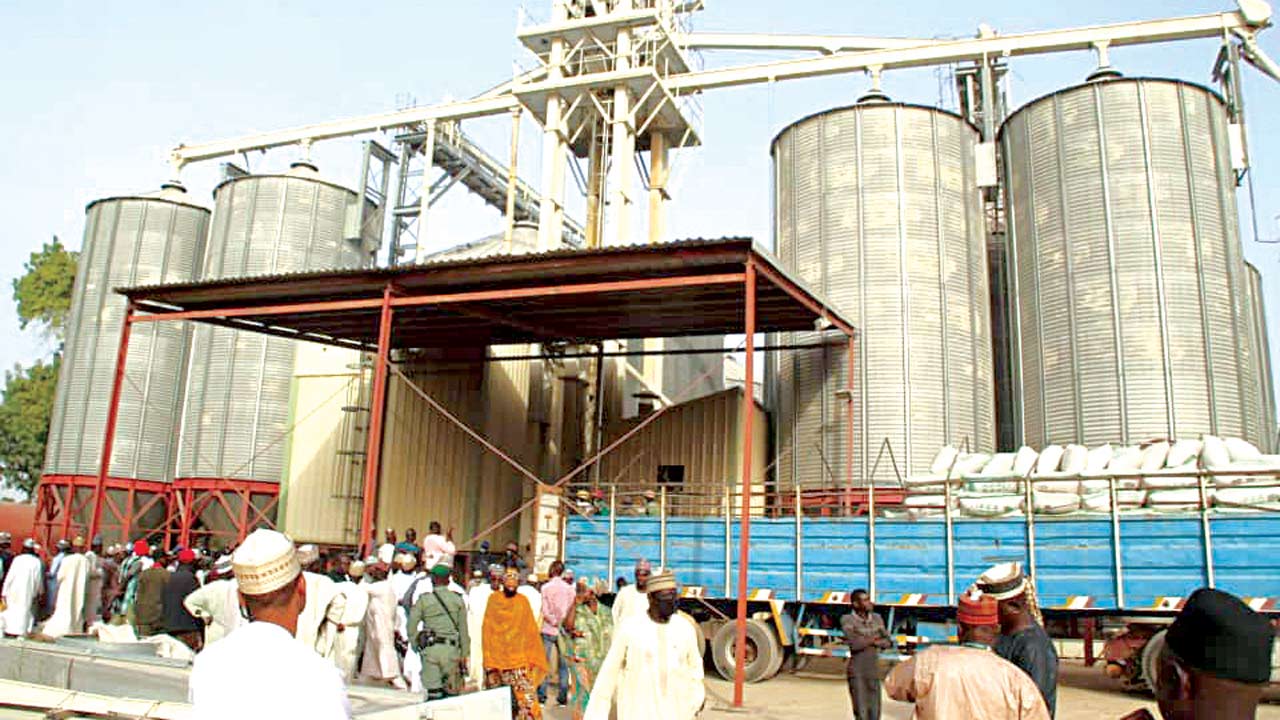The federal government is leaving no stone unturned to ensure that efforts at combating food insecurity do not meet with failure this year. It has, therefore, commissioned the Yaba College of Technology to train teachers and instructors that would be engaged at the established Government Skills Technical Centres, Vocational Education Institutions (VEIs) and Technical Colleges all over the country.
According to the Minister of Education Dr Moruf Alausa these initiatives will provide agriculture students with hands-on training and help them develop key skills needed for life after graduation and will also support President Bola Tinubu’s goal to enhance food security and expand food production. Dr Alausa disclosed that the visit was to strategize how the Federal Ministry of Education, Nigeria (FMoE) can collaborate with Yaba College of Technology as part of the Ministry’s TVET programme, which will be launched in the second quarter of the year. The minister said, “The purpose of this visit was to raise further awareness of our 6-point agenda and encourage polytechnics and universities with agricultural departments to establish mechanized farms and engage in livestock farming.”
Dr Alausa commended the College for its strides in promoting vocational and technical education and urged the institution to take the lead in developing innovative solutions that would empower students and researchers to make significant contributions to the agricultural sector.
While assuring the Minister of the institution’s commitment to supporting the federal government’s vision for a diversified economy through education, the Chairman of the Governing Council, Prof. Afolabi lamented that the critical issue in the education sector is the shortage of teachers. He appealed for collaboration with Yaba College of Technology to train teachers and instructors for the Skills Technical Centres (STCs), Vocational Enterprise Institutes (VEIs), and Federal Technical Colleges (FTCs).
The Minister emphasised on the importance of agriculture that institutions must integrate into their academic and research frameworks to address food security, create jobs, and stimulate the economy.












